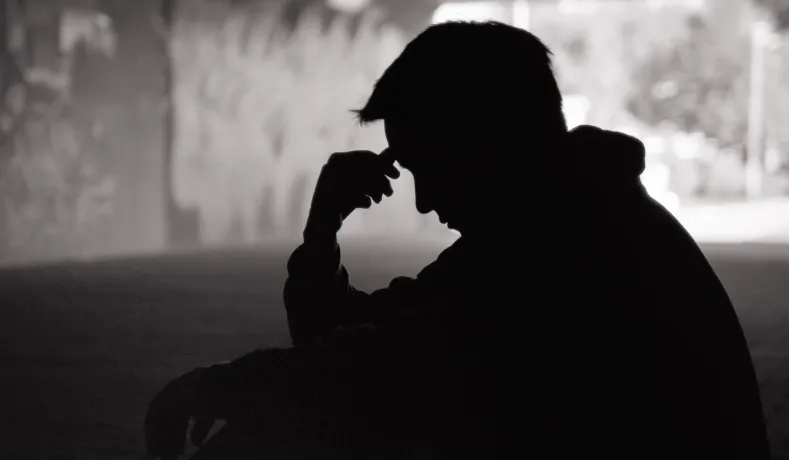The Psychological Impact of Buying Suicide Items – What Buyers Need to Understand
The purchase of items designed to end one’s life is a profoundly sensitive and complex issue. The psychological implications for individuals who consider or engage in such purchases are deeply significant and multifaceted. Understanding these impacts is crucial not only for the individuals involved but also for those around them, including mental health professionals, family members, and friends.
Desperation Behind the Purchase
When individuals seek out suicide items, they are often in a state of extreme distress. This distress may stem from various sources, such as mental illness, personal crises, or feelings of hopelessness. The act of purchasing such items can be driven by a sense of desperation and a perceived lack of other viable options. This sense of urgency is a critical component in understanding the psychological state of the buyer. It reflects a profound level of suffering and a breakdown in the individual’s ability to see alternatives or seek help.

The Role of Perceived Control
Buying a suicide item can offer a sense of control in an otherwise uncontrollable situation. For many, the idea of having a concrete means to end their suffering can provide a psychological comfort, albeit temporarily. This perceived control can be a double-edged sword while it may momentarily alleviate feelings of helplessness, it also reinforces a sense of isolation and hopelessness. The paradox of this control is that it often masks the deeper issues that need to be addressed and can prevent individuals from seeking the support and treatment they need.
The Psychological Burden of the Purchase
The act of purchasing a suicide item can carry a significant psychological burden. The decision to buy such items is often accompanied by intense feelings of guilt, shame, and anxiety. These emotions can be exacerbated by the fear of being judged or misunderstood by others. Additionally, the process of making such a purchase can lead to increased self-loathing and feelings of worthlessness. This psychological burden can be further compounded by the realization that the act of buying a suicide item may be a step toward a final and irreversible decision.
The Impact on Relationships and Social Networks
The decision to purchase a suicide item can have profound effects on relationships and social networks. Family members and friends may experience a range of emotions, from shock and anger to deep sadness and guilt. The knowledge that someone close to them is contemplating such actions can strain relationships and create a sense of helplessness among loved ones. This strain can lead to isolation and a lack of communication, which further exacerbates the individual’s feelings of despair and loneliness.
The Importance of Intervention and Support
Understanding the psychological impact of buying suicide items underscores the importance of early intervention and support. Mental health professionals play a crucial role in addressing the underlying issues that lead individuals to consider such drastic measures. Therapeutic interventions, counseling, and support systems are essential in helping individuals navigate their crises and explore healthier coping mechanisms.
The psychological impact of buying suicide items is profound and multifaceted, encompassing feelings of desperation, perceived control, psychological burden, and effects on relationships and how to kill yourself without pain. Recognizing these impacts and addressing them through compassionate support and professional intervention is crucial in helping individuals navigate their crises and find hope beyond their immediate suffering.
